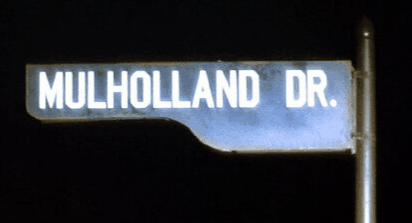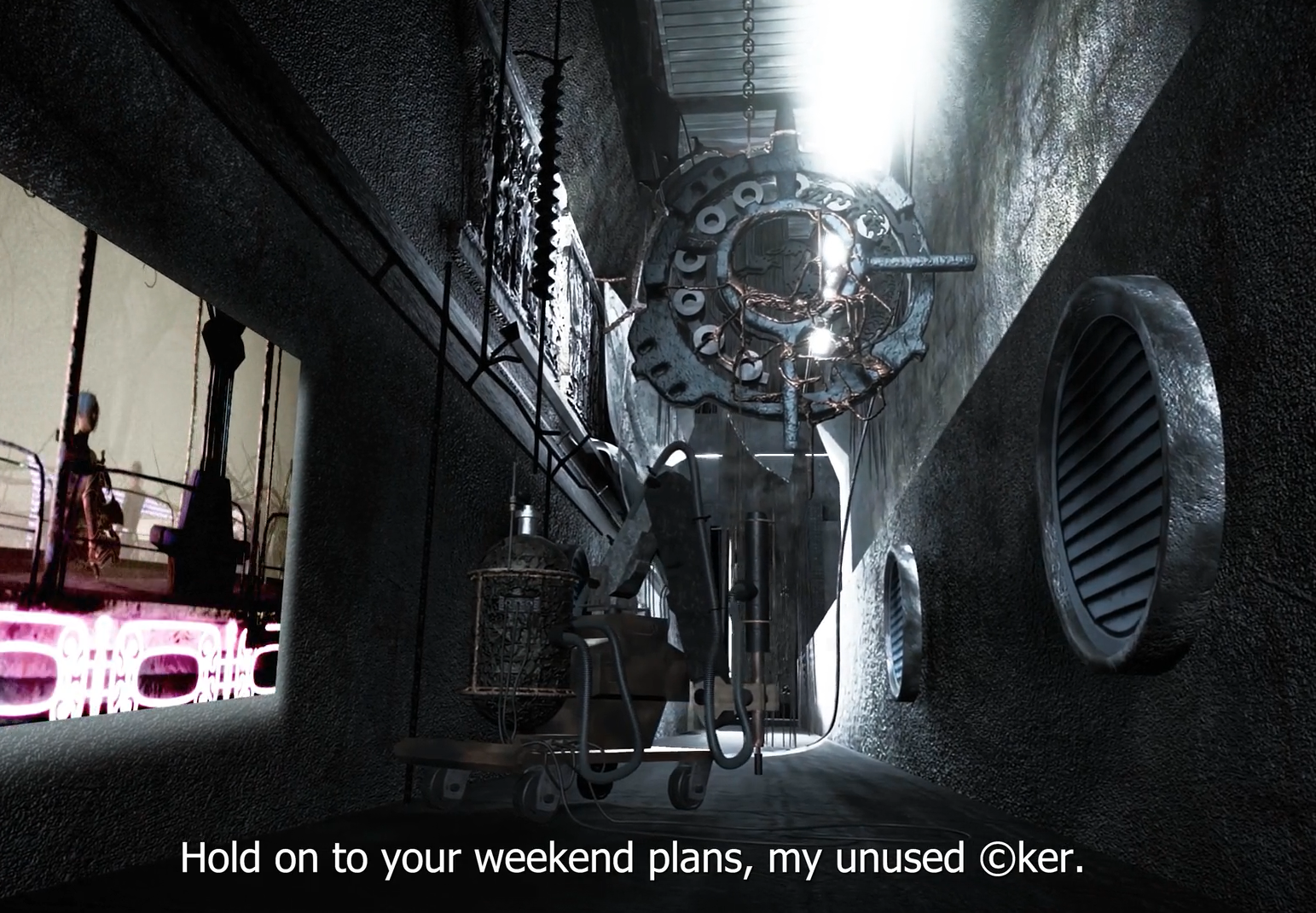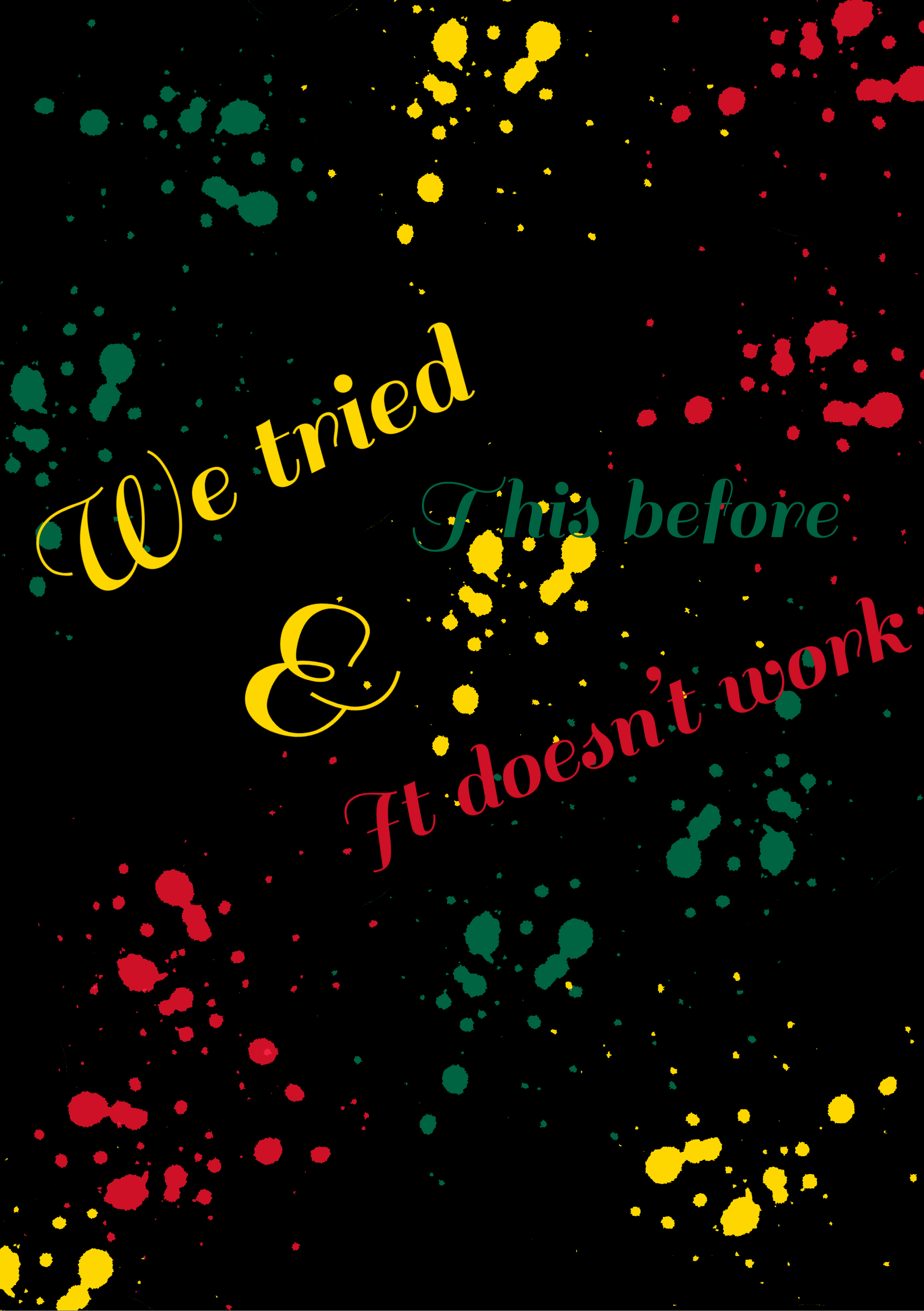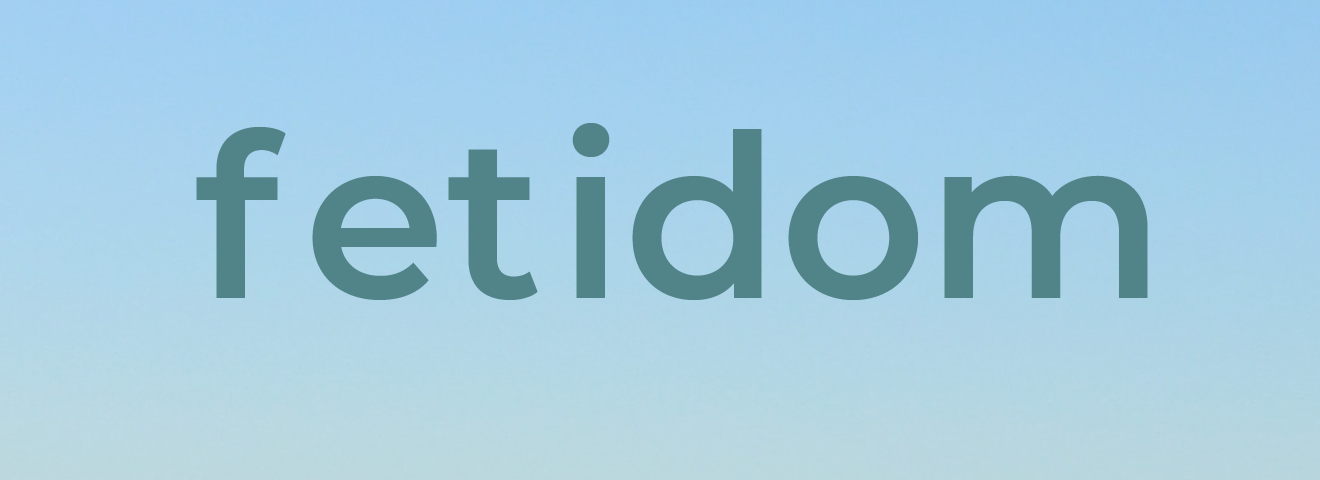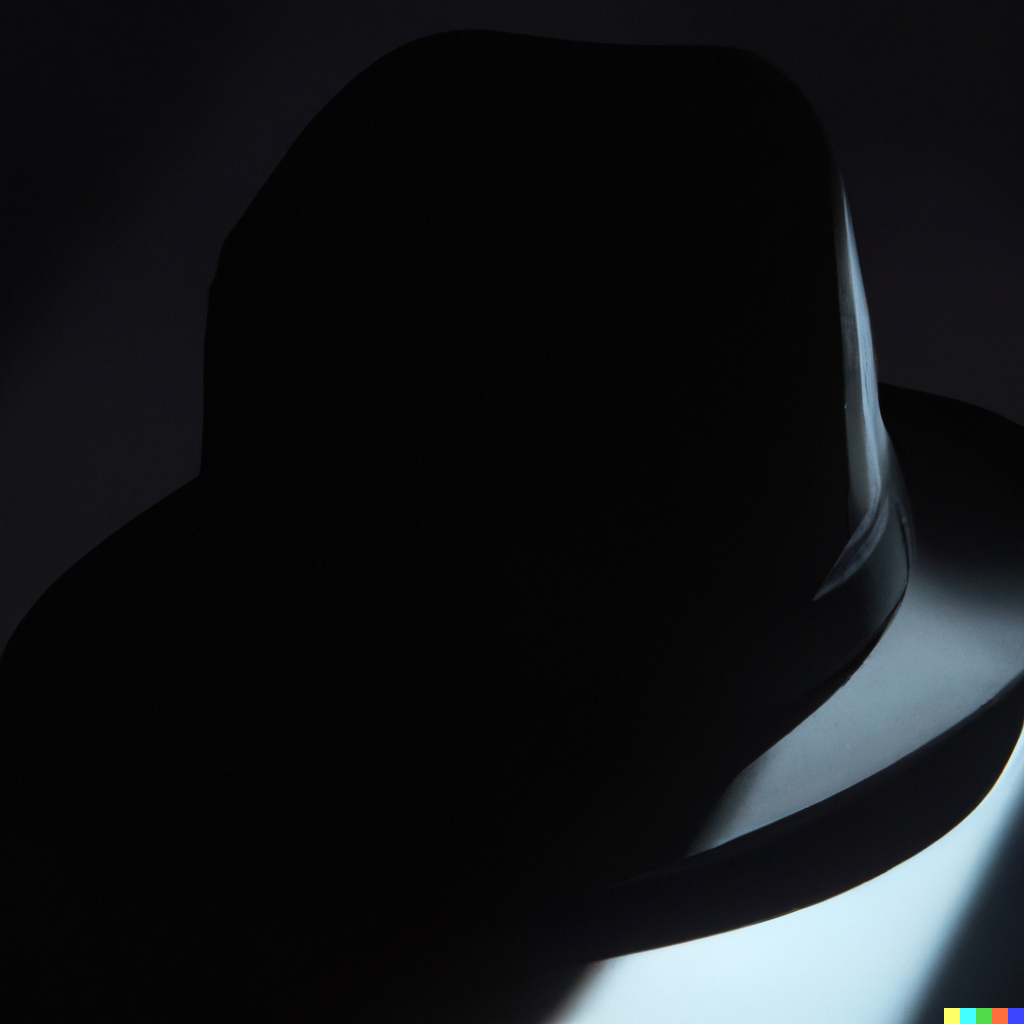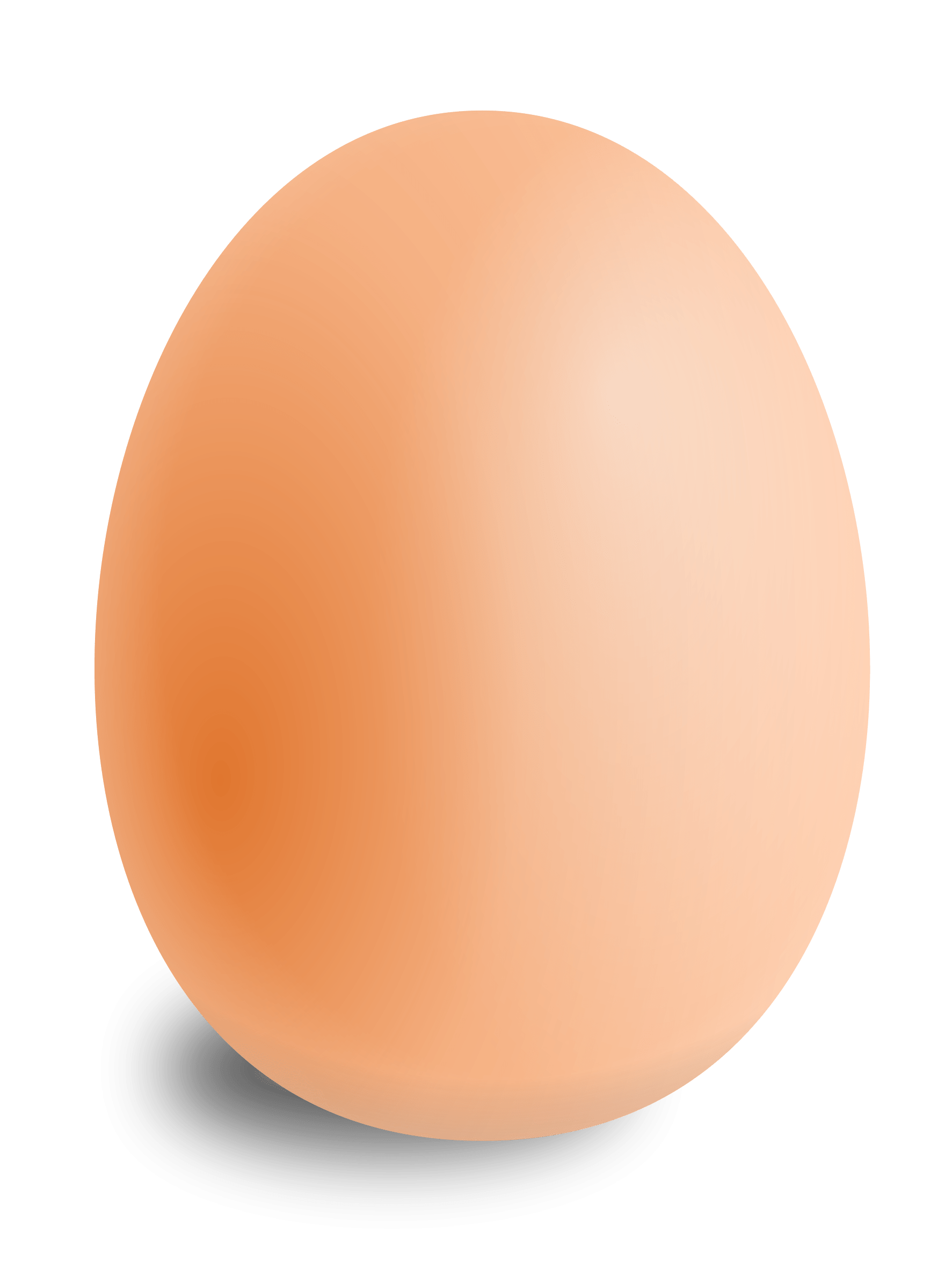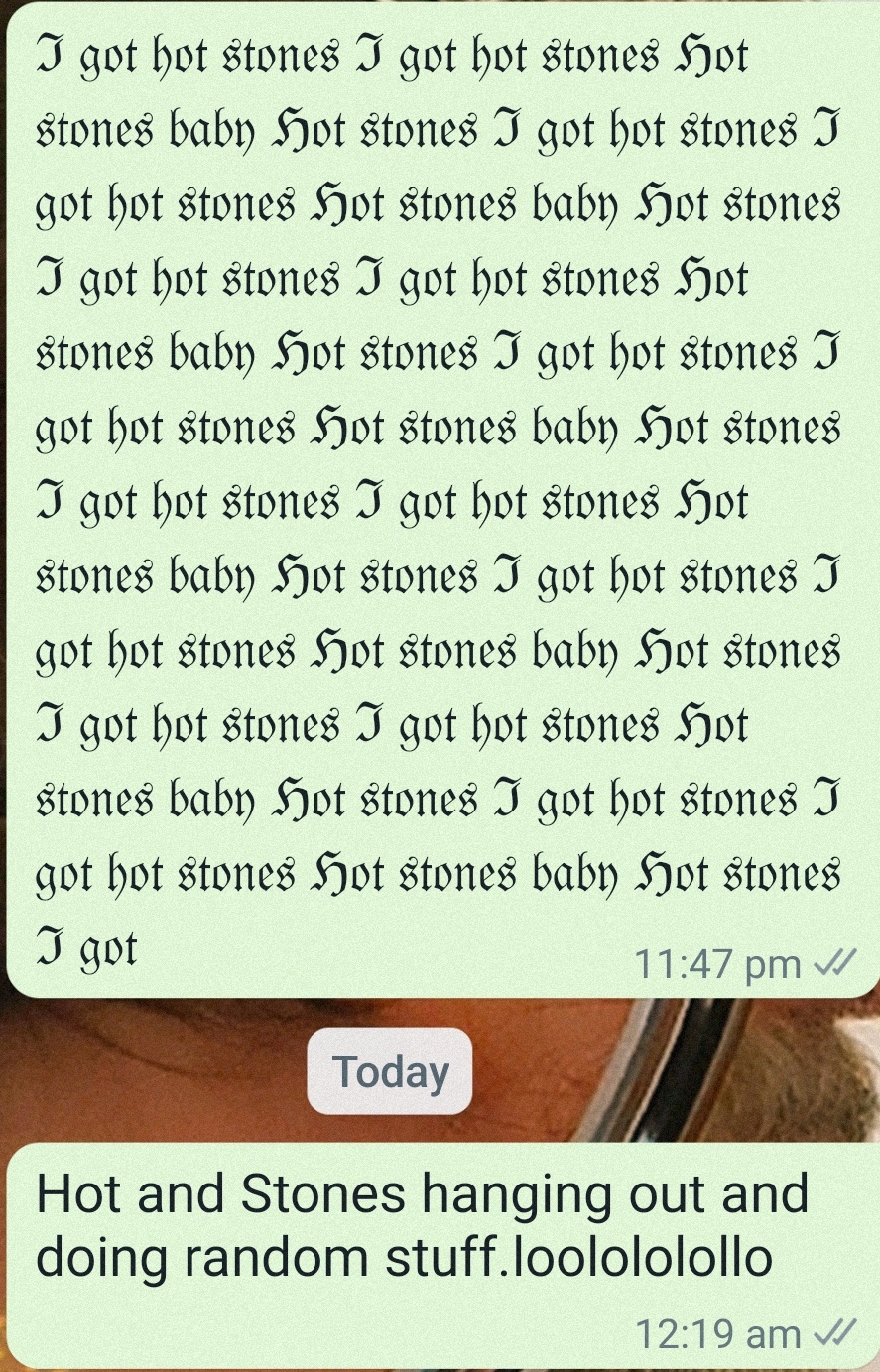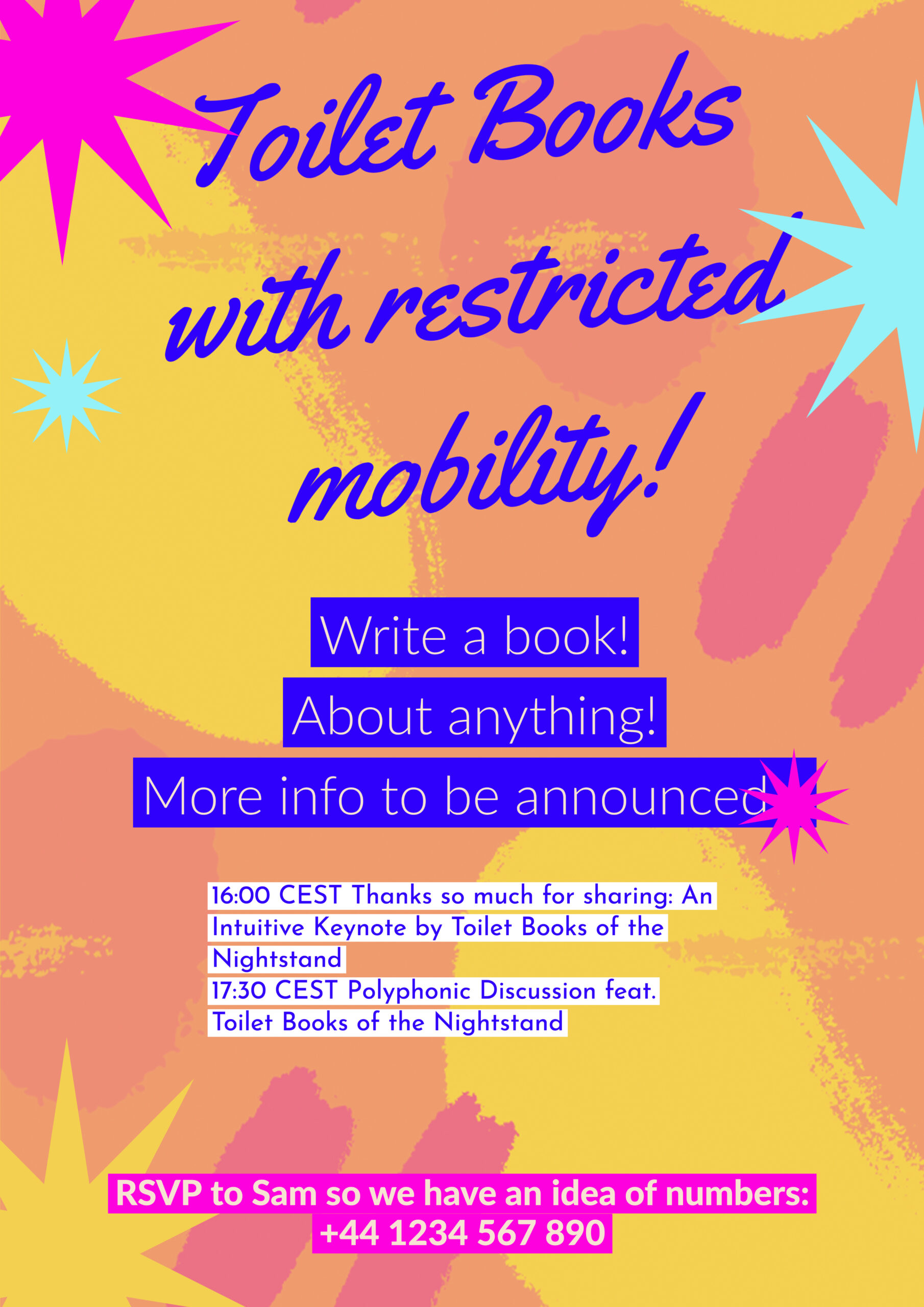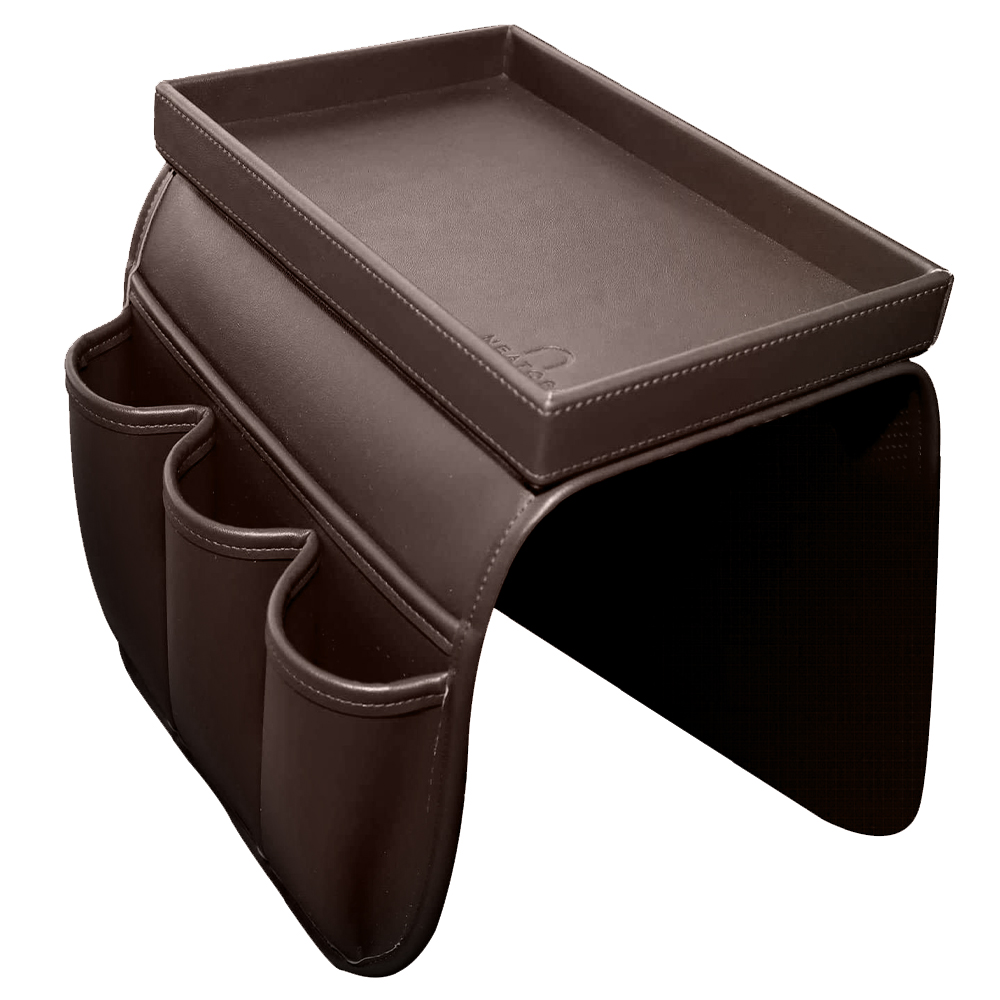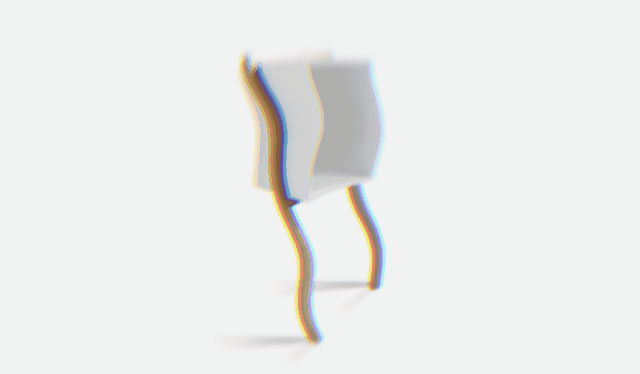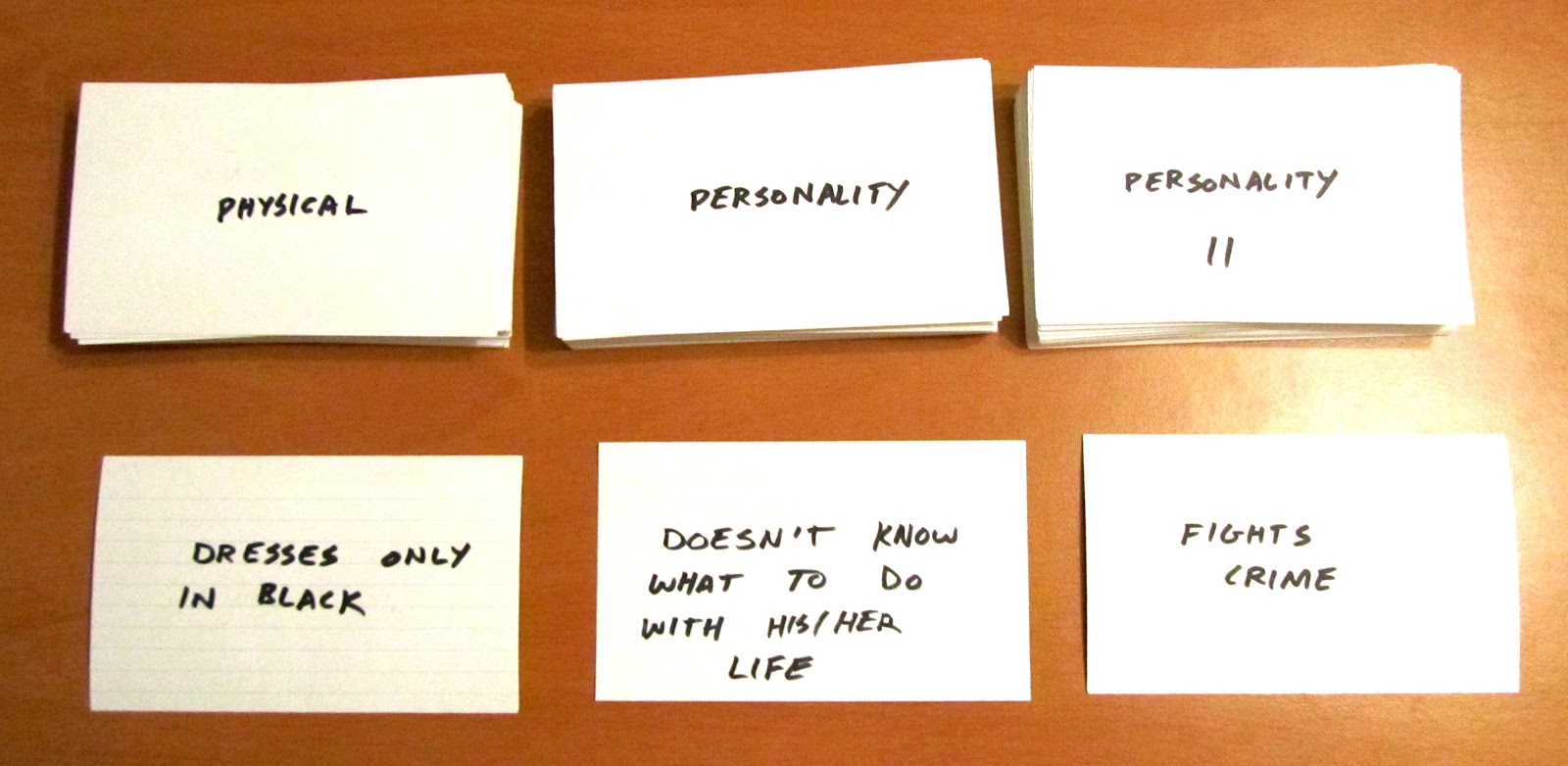A talk for the University of Edinburgh Learning Technology Community, Monday 25th March 2024 14:00-15:00 Resources: Blum, S. D. (2016). “I love learning; I hate school” : an anthropology of college…
Comments closedPosts
Scraper (2023) https://poeticsofencryption.kw-berlin.de/src/html/DigitalCommissions.html Director: Dane Sutherland (Most Dismal Swamp) Commissioned by KW Institute for Contemporary Art, Berlin Chapter 4: Toward An Unknown Disease Words: Confraternity of Neoflagellants Scraper is a dank mixed-reality film-biome presented in six parts. Each kaleidoscopic chapter…
Comments closed.-“”””””-. .’ ‘. / O O \ : : | | : ‘, ,’ : \ ‘-……-‘ / ‘. .’ ‘-……-‘ Sep 9, 2023
Comments closed‘King Hi-tec A big thing. More than 40 Years After its Release, He tries to rand a tattle ogre. Eat, tire, sore. Seein’ haptic. Hooks thart dart in sleet. Comb on a share, then smax vestwear on his neck. The…
Comments closedSat Apr 22 2023 at 8:30 pm to 11:59 pm Centre for Contemporary Arts | Glasgow; Scotland https://stayhappening.com/e/me-in-the-palm-of-your-edible-hand-mycelia-issue-5-special-event-E3LV0HLRS2NW Readings, screenings, live streaming, AI and VR, plus all-round collectivism for weird and eerie themes in literature and art. About this Event…
Comments closedThe people of Windswept Overpeaks live quietly, content to be forgotten by time and the outside world, rarely speaking unless absolutely necessary. They are a gentle people of few words, but those few words often carry great weight and wisdom.…
Comments closedAct 1, Scene 1: The curtain rises to reveal Tony, standing in front of a large poster of a swampy area at night. The camera slowly zooms in on a patch of lily pads in the centre of the poster.…
Comments closedThis has been a subject of befuddlement for many many years. Its furtive origins are shrouded in secrecy. If it was created using techniques, these inscrutable techniques are no longer known. Every surface is covered in intricate carvings that are…
Comments closedWe are truly pleased to be able to deliver even greater comfort and safety for transposition in the form of a more astonishing Parement showcasing a secret turnkey solution that is discretely tailored to our mesmeric cravings. – The Lectern…
Comments closedStones was a security guard at a small airport. Stones had worked there for 30 years, and knew every inch of the place like the back of a hand. Hot was a new employee at the small store in the…
Comments closedPremium Sushi Live! at Aqualand Moravia 6.10 Pasohlavky 110, Pasohlávky Dec 2, 2022
Comments closedPremium Sushi – 1st Stitch Store (1:44) 🍣 🍣 🍣 🍣 🍣 🍣 🍣 🍣 🍣 🍣 🍣 🍣 🍣 🍣 Reviews: on 1st Stitch-Store “play ad here” on 1st Stitch-Store “100% of the songs” Fetidom · Premium Sushi –…
Comments closedThe poster read: It sounded alright, and I guess I wasn’t as mobile as I once was, and I needed to find new ways to make money … so I signed up. (Are we not all teachers in some way?)…
Comments closedI had 22:41 minutes left. The Remote Slots were rampaging due to an unknown phenomenon. This traumatic phenomenon had profoundly altered the sofa-buddies’ fundamental sense of purpose, shaping their responses to all real-world situations. (Someone really should ask them where…
Comments closedI am what I love. I was built to have the value-driven mindset I am afraid of having. I am a kind of table that never asks permission to be a table. I am one of the happiest tables I…
Comments closedAs an ordering principle, our compartment worked tirelessly attempting to calibrate the right lickpot conditions conducive to the psychic illusion of tables. Calibration was a laborious process of suitable adjustments made by delicate quibbling and petty bickering. (Quibbling the lickpot…
Comments closedAs an ordering principle, we felt we had been working mainly with appearances of tables, despite being well aware of the fact that tables did not actually manifest. We never saw ourselves as being in the more specialised field of…
Comments closedI was, like, so excited as, like, I was only looking forward to that. So after that I went there and I didn’t even care when they were announcing the winners. Ha ha, yeah. Whatever you think you can do…
Comments closed